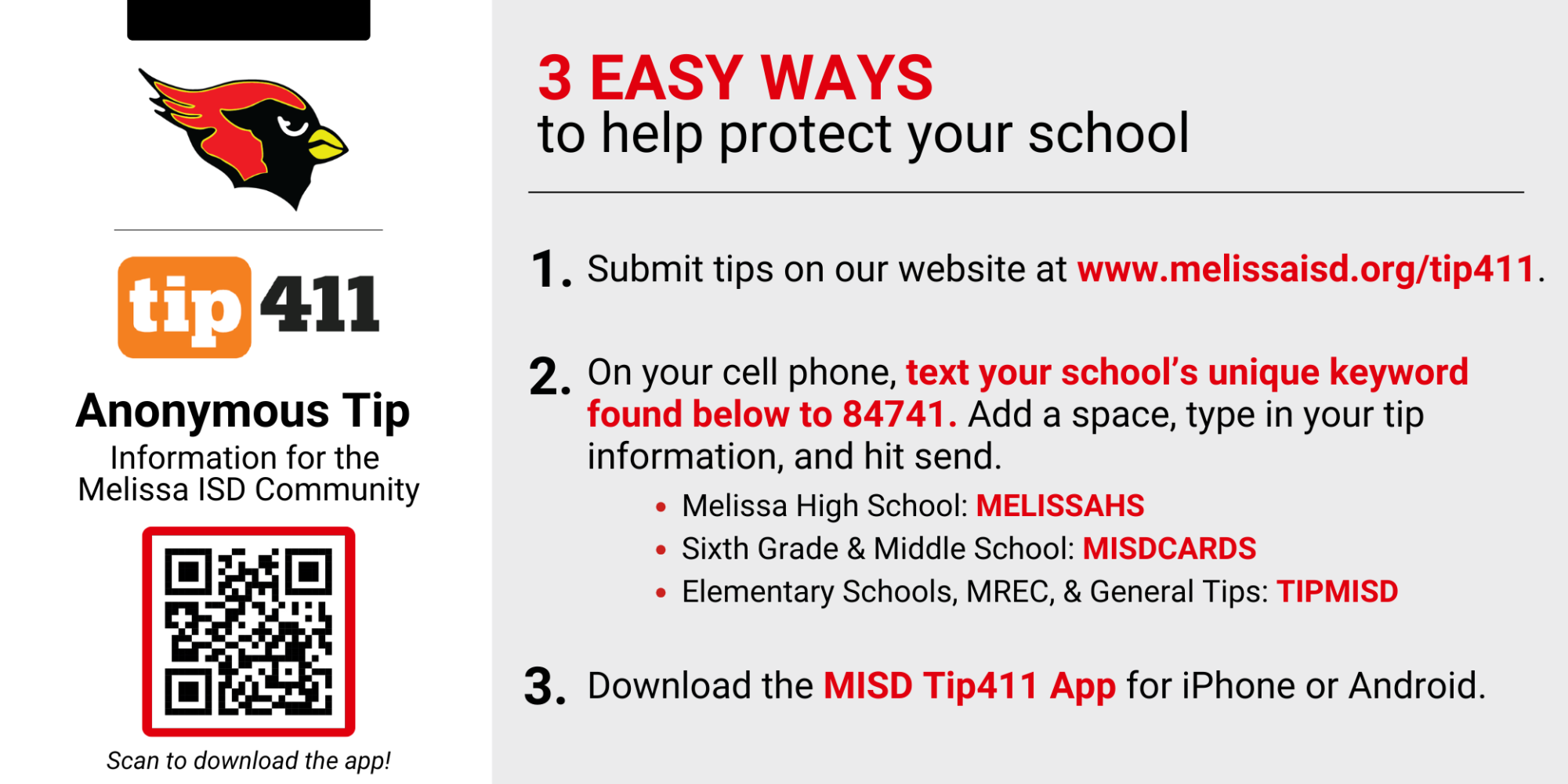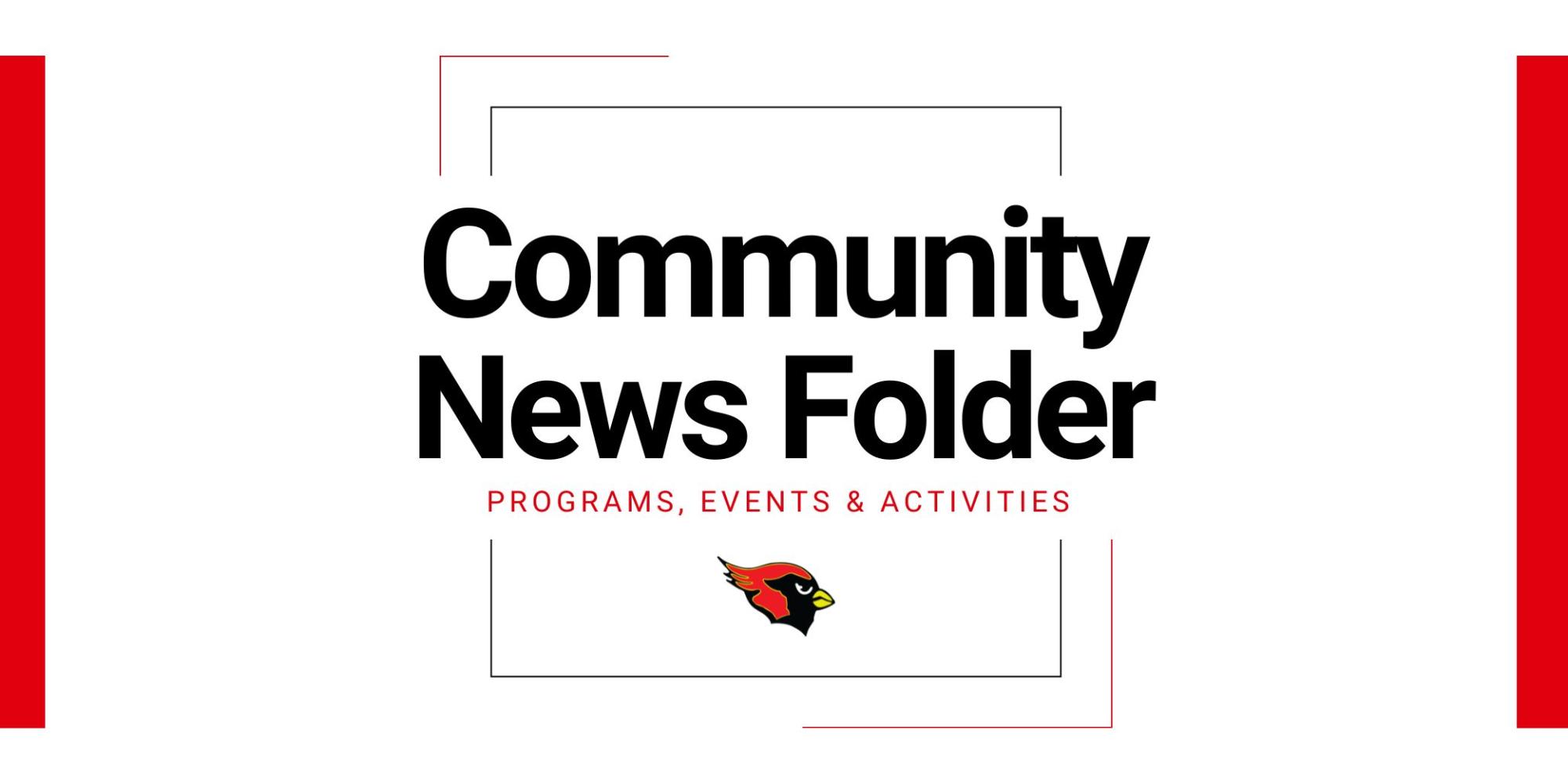A Deadly High: Teeangers, Drugs, and Alcohol
January 31, 2017
High school reveals to teenagers the bad things that exist throughout the world. During those four long years, teenagers are forced to decide whether they will be a part of a world that contains toxic things like drugs, cigarettes and alcohol. This decision will affect them for the rest of their lives.
In order to obtain research from high school students themselves, an anonymous survey was given to 50 students at Melissa High School. They were asked a series of questions referring to drugs, alcohol and smoking. As a high school student, the results seemed obvious, but could be shocking to the rest of society. The survey included both yes or no questions and short answer responses. Through the short answer responses, it was evident that students could not care less about the harmful effects of drug use, drinking alcohol and smoking. Each student stated that they understood the effects of completing these actions, yet the surveys were filled with responses like, “It’s lit!” “Do it,” “It’s fine,” “I don’t know,” and “I don’t care.” Some even threw the survey away because “the questions were dumb.” This just proves how unaware our student body, and teenagers, are to the destructive effects that come with participating in these activities. The reality is that teenagers are oblivious of what can come from their actions and how it can impact their future, resulting in them failing to take this subject seriously.
When asked about teenage drug use, Mrs. Stover, a counselor at Melissa High School, stated, “I have a lot of different emotions: sad, frustrated, angry, and disappointed. I feel like it dulls down who children actually are and I hate to see them make choices that have the likelihood of negatively impacting their future lives.” Teenagers turn to drugs as for stress relief, a source of entertainment, or to find what they believe to be genuine happiness. Also, the pressure to follow through with what everyone else is doing gives young adults enough reason to do drugs.
Drug use increases dramatically in high school. According to the survey, 92 percent said that they know another Melissa High School student that is involved with drugs. This does not just include illegal drugs like marijuana and cocaine, but also pharmaceutical drug abuse. In an article within a health magazine, the author states that “In 2008, the Partnership for a Drug-Free America reported that 4.5 million teenagers, almost 20 percent, had abused a prescription medication in their lifetimes” (Burke). Addiction to drugs is not only costly, but can wreak havoc on your body.
Drugs are also very difficult to stop after a person becomes addicted. When a person first starts using a drug, or drinking, their brain is flooded with dopamine. However, as they continually do what they were doing, their brain becomes more accustomed to the high, so it releases less dopamine. Therefore, it takes more and more of a substance to produce the same high. Because of this, people are often unable to stop doing drugs or drinking, because they are addicted to the high. Following years of drug abuse, some can only recover with the help of rehab and most experience withdrawals.
A question on the survey provided asked, “Should the drinking age should be lowered or remain the same?. “A student responded, saying, “No, young people aren’t responsible.” Although, the legal drinking age in Texas is 21, young adults that are between the ages of 16 and 20 can drink legally with adult supervision. Parents should be careful with allowing underage teenagers to drink, as this start a future addiction. Several people responded that the drinking age should be lowered to an age such as 18, but students who took the survey explained that teenagers will drink whether they are 21 or not. Drinking does not necessarily make someone irresponsible, but dangerous consequences can come from it. In a Scholastic article, the author states, “Alcohol is involved in 70 percent of all murders, 60 percent of child-abuse cases, 44 percent of traffic fatalities, 37 percent of suicides. …[Also], drunken driving is the number-one killer of 15-to-24-years-olds (Arbetter).” Alcohol dulls the senses, and this is why many teens drink. It allows you to temporarily forget your problems, but when the effect wears off, all of life’s problems are still present.
Teenagers may find that it is acceptable to drink, do drugs, or smoke cigarettes if their parents do so. It is important that parents understand the long-term and short-term effects of alcohol and drugs as well. Children look up to their parents for everything, which they use to impact others around them. Coach DePaolo, teacher and varsity volleyball coach at Melissa High School, states, “I think that underage drinking could be solved if parents would be more active in their children’s lives. They try to be friends with their children rather than punish them.”
Who are the biggest influences for teens? Some might argue that parents, or even young adults themselves, influence teenagers the most. Mr. Avila, physics teacher and girl’s soccer coach, believes, “Peers influence you because a lot of times you want to fit in with the crowd. Peer pressure essentially.” A high school environment consists of many different people, eventually forming cliques. Every teenager has the choice to determine who they want to hang out with. Friends help each other make important life decisions, especially in crucial life moments like high school.
Peer pressure is a leading cause to addiction and a student potentially destroying their life forever. However, teens are in charge of their own destiny regardless of how they were raised. Coach Mackey, head girls track coach and computer science teacher at Melissa High School, said, “Just say no. Although the temptations are there for the temporary satisfaction and temporary, what seems to be, excitement that surround those things to make them seem like they’re cool. Just do the research which points to the bad things and so I would say, “say no,” move on, and have an alternative to excitement. It’s okay to be at a party and dance, or play video games, eat chips and salsa, watch a movie and laugh.”






